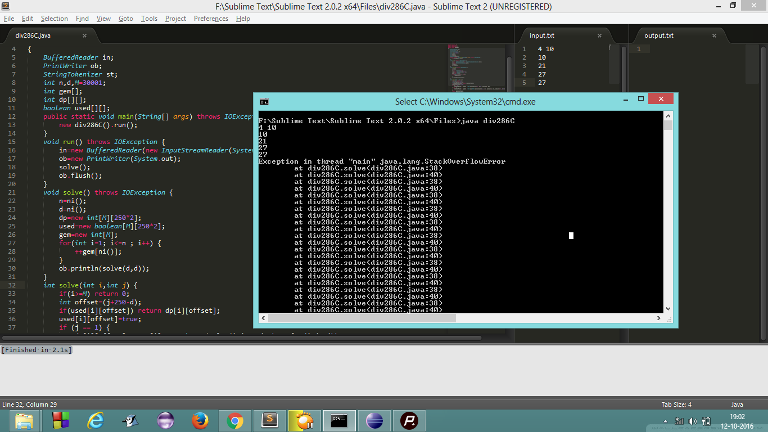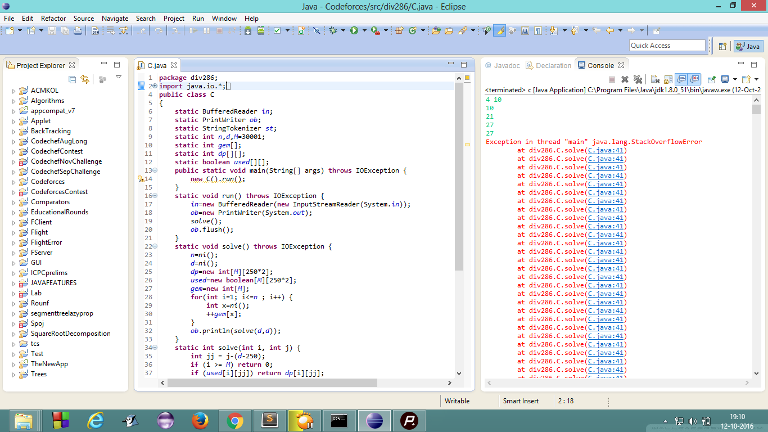Hello Codeforces Community,
With reference to my previous blog Link
Today, we provide you explanation to problems from Codeforces Round 538(Div 2).
This is the link to the playlist for video explanation to all problems of the round 538.
Hope these videos help the community to learn concepts and upsolve at a faster rate.
Also, We definitely look forward to suggestions and tips on how we can improve ourselves and help the community to upsolve and understand editorials in an interesting way.
Feel free to like and comment on the videos if you have any doubts or queries.
Also if these videos help you in solving the problems, subscribe to the channel as this definitely motivates us for the same.
Thank You.












